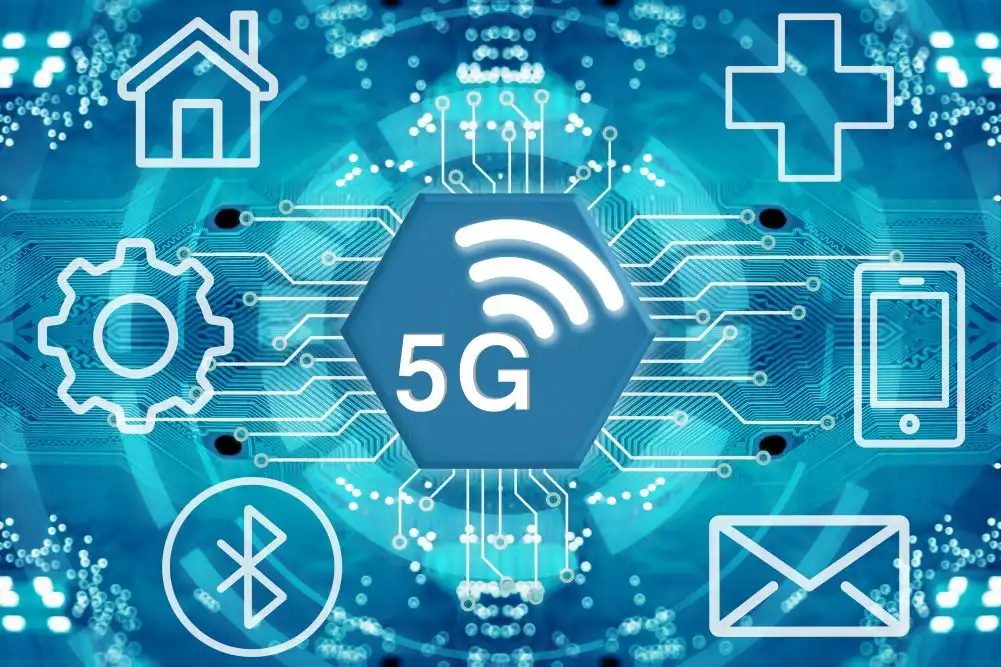In today’s fast-paced digital landscape, communication has undergone a significant transformation. Voice over Internet Protocol (VoIP) technology has become the cornerstone of modern communication, enabling voice and video calls over the Internet. As the world eagerly anticipates the widespread rollout of 5G networks, the impact on VoIP services is poised to be profound. This article will discuss the potential of 5G to reshape the VoIP landscape and explore the key changes and advancements it brings.
The Power of 5G: A Quick Overview
Before you dive into the impact of 5G on VoIP, briefly understand what 5G brings to the table. Fifth-generation wireless technology, or 5G, promises a dramatic leap in wireless communication capabilities compared to its predecessors. It offers significantly higher data transfer speeds, lower latency rate, and the ability to connect a massive number of devices simultaneously.
Enhanced Audio and Video Quality
One of the most noticeable effects of 5G on VoIP will be improved audio and video quality during calls. With its low latency and high bandwidth capabilities, 5G can deliver smoother and more stable connections. This means that VoIP calls will experience fewer interruptions, less buffering during video calls, and reduced audio distortions, making conversations more lifelike and immersive.
Ultra High-Definition (UHD) Video Calls
5G’s ample bandwidth can support UHD video calls, providing crisp, clear visuals that make virtual meetings and conferencing feel almost as good as being in person. This advancement will be particularly valuable for businesses, healthcare, and education sectors, where high-quality video communication is crucial.
Lower Latency for Real-time Communication
One of the most remarkable features of 5G is its ultra-low latency, which is expected to be around one millisecond or less. This near-instantaneous response time will significantly enhance real-time communication in VoIP applications. Users can expect near-instantaneous voice transmission and minimal delay in video conversations, fostering more natural and engaging interactions.
Improved Reliability
5G networks are, no doubt, highly reliable, having features such as network slicing and redundancy built in. This reliability will translate to a more stable VoIP experience, reducing the likelihood of dropped calls and communication disruptions, even in high-traffic areas.
Increased Accessibility and Connectivity
5G’s ability to connect a vast number of devices simultaneously is a game-changer for VoIP. It means that in densely populated areas or during peak usage times, users can expect consistent and reliable VoIP service without degradation in quality. This increased connectivity also opens doors for more innovative VoIP applications and IoT integration.
The Expansion of Mobile VoIP
As 5G networks become more widespread, mobile VoIP is poised for exponential growth. With the combination of high-speed 5G connectivity and the ubiquity of smartphones, users can enjoy high-quality VoIP calls from virtually anywhere. This trend could reduce the dependence on traditional cellular networks for voice calls and further blur the line between traditional voice and data services.
New Possibilities for IoT and VoIP Integration
The Internet of Things (IoT) is another technology poised for expansion with the advent of 5G. The ability to connect and communicate with a multitude of IoT devices seamlessly opens up exciting possibilities for VoIP integration. For instance, smart homes could use VoIP to manage and control various devices through voice commands, enhancing user convenience and automation.
Summing up, the impending arrival of 5G technology promises to revolutionise VOIP services, ushering in an era of enhanced audio and video quality, lower latency, and improved reliability. As 5G networks continue to expand, mobile VoIP and IoT integration will become more prevalent, providing users with unprecedented connectivity and convenience. However, challenges related to network coverage, security, and regulation must be addressed to fully harness the potential benefits of 5G for VoIP. In the near future, expect VoIP to offer an even more seamless and immersive communication experience, thanks to the transformative 5G technology.




